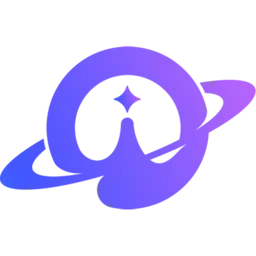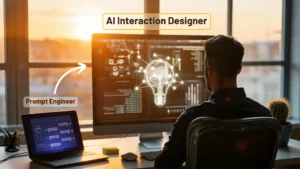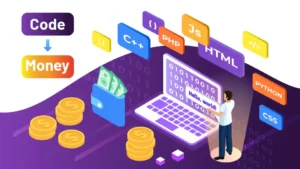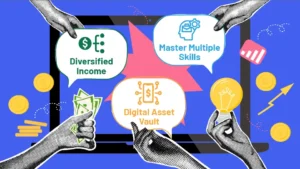You pick up your phone to check the weather. Ten minutes later, you’re still swiping through videos, barely remembering why you unlocked the screen. This constant distraction is no longer just an annoyance, it’s affecting your ability to work, sleep, and focus. However, digital minimalism offers a solution.
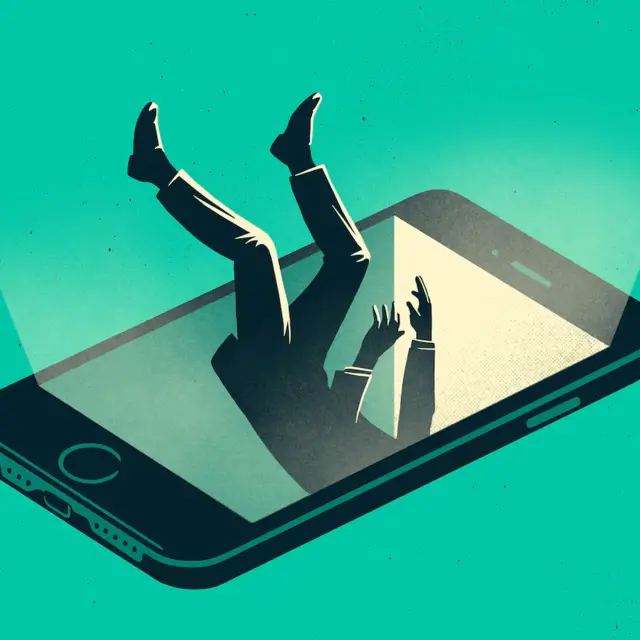
Image Credits: https://www.abc.net.au/listen/programs/allinthemind/digital-minimalism-screen-time/104381084
Digital minimalism is not about rejecting technology. It’s about choosing tools that reduce noise and support what matters.
To put this into practice, let’s explore how to simplify your digital habits using smart tools from the worlds of productivity software, data privacy, and personal knowledge management.
Digital Minimalism and Productivity Software: Using Tech With Intention
Digital minimalism today isn’t about giving up your phone or laptop. It’s about using them in a smarter way. You still use tech, but you choose apps that help you focus, not distract.
This matters more than ever for remote workers, freelancers, and people using AI tools every day. The fewer pop-ups and tabs you have, the easier it is to get real work done.
Ask yourself: Which apps help me reach my goals? Which ones just waste my time?
Use fewer tools, but better ones. A cleaner setup means less stress and more mental space.
Now that we’ve looked at how productivity apps can support intentional use, let’s move on to another major source of distraction: notifications.
Notification Management Tools: Cut Digital Inputs, Focus on Work
Notifications pull your attention in too many directions. They break your focus and slow you down.
Many people now use built-in tools in iOS, Android, or Windows to turn off alerts during work hours.
Apps like Motion or Reclaim.ai can also help. They plan your day and protect your focus time. You don’t have to check your calendar all the time; the app does it for you.
Even small steps help. Turn off email sounds. Delete apps you don’t use.
When you stop the noise, you can finally hear your own thoughts. That’s when real work begins. Then the next challenge is keeping your workflow streamlined. That’s where all-in-one organization tools come in.
All-in-One Organization Apps: Centralize Notes, Tasks, and Projects
If you use one app for notes, another for tasks, and another for your calendar, you waste time switching between them.
This is where tools like monday and ClickUp come in. They bring everything into one place. You can write notes, track tasks, and plan projects all in one app.
For solo users, this means fewer tabs and less confusion. For teams, it means better teamwork and faster progress.
One place for everything means less effort and fewer mistakes.
Once your workflow is centralized, you can start thinking about how your communications and data are handled, especially when privacy is a concern.
Secure Email Platforms for Data Privacy Professionals
Email should help you communicate, not exhaust you.
If you spend too much time deleting spam or searching for messages, it’s time to change.
Simple, secure email services like ProtonMail and Tutanota can help. They block ads and trackers. They also protect your data with strong encryption. No more junk. No more worry.
These tools are popular with developers, journalists, and anyone who handles private information.
A clean inbox gives you back time and peace of mind.
Managing communication is one thing, but what about the knowledge you’re trying to keep? Let’s explore how digital minimalism can help you retain and use what you learn.
Knowledge Management Tools: Keep What You Learn, Lose the Clutter
You read articles. You save book quotes. But later, you forget them.
Readwise helps fix that problem. It connects to apps like Kindle and Pocket. Then it sends your saved highlights back to you over time. You actually remember what you read. It uses smart review methods so you don’t lose what you’ve learned.
When your knowledge stays organized, learning becomes something you can apply rather than something you collect and forget.
Now that we’ve covered the practical tools, let’s talk about what changes you can actually expect when you start using them.
Results That Matter: Clearer Thinking, Better Work, Less Stress
When you clean up your digital life, good things happen fast.
You get more done, feel calmer, and spend less time online without even trying.
With fewer distractions, you can think deeper. With smart tools doing the small tasks, you can focus on the big ones.
This isn’t just about working better. It’s about living with more control and less stress.
Final Advice
You don’t need to change everything at once. Start with one step. Turn off notifications for one app. Try a new email service. Move your notes into one place.
Small choices add up. Over time, your digital life becomes simpler and more useful.
No matter what your goal is, better tools help you focus on what matters.
FAQ
Q: Who are these tools best suited for?
A: These tools work well for freelancers, remote workers, developers, creatives, and anyone managing multiple apps or projects. They’re especially helpful for people who value focus, privacy, and efficient workflows.
Q: What’s a good first step if my digital life feels disorganized?
A: Start by paying attention to when you feel most distracted. It could be checking email as soon as you wake up or switching between too many apps during the day. Pick one area that causes the most friction and focus on improving it first. You can also set aside a short time each week to clean up files, remove unused apps, or adjust your settings. These small habits can make your digital space feel more manageable over time.
Q: Are the tools mentioned secure and privacy-friendly?
A: Tools like ProtonMail and Readwise prioritize user privacy. Always review individual privacy policies before committing.
Q: Do any of these apps have free versions?
A: Yes. Notion, ProtonMail, and Readwise all offer free plans suitable for most personal and small-team use cases.
